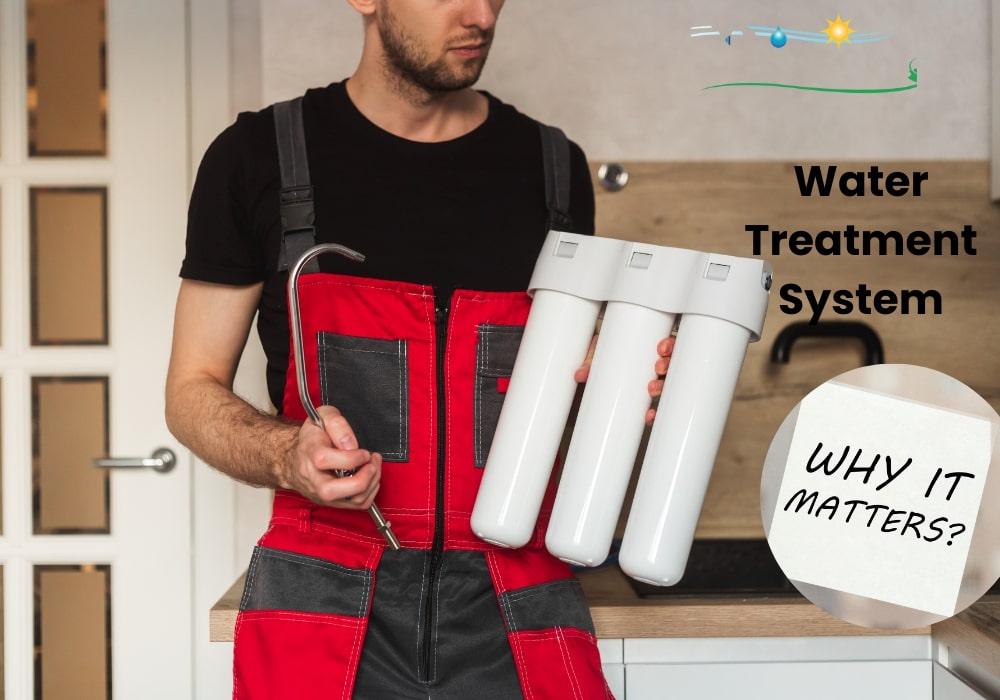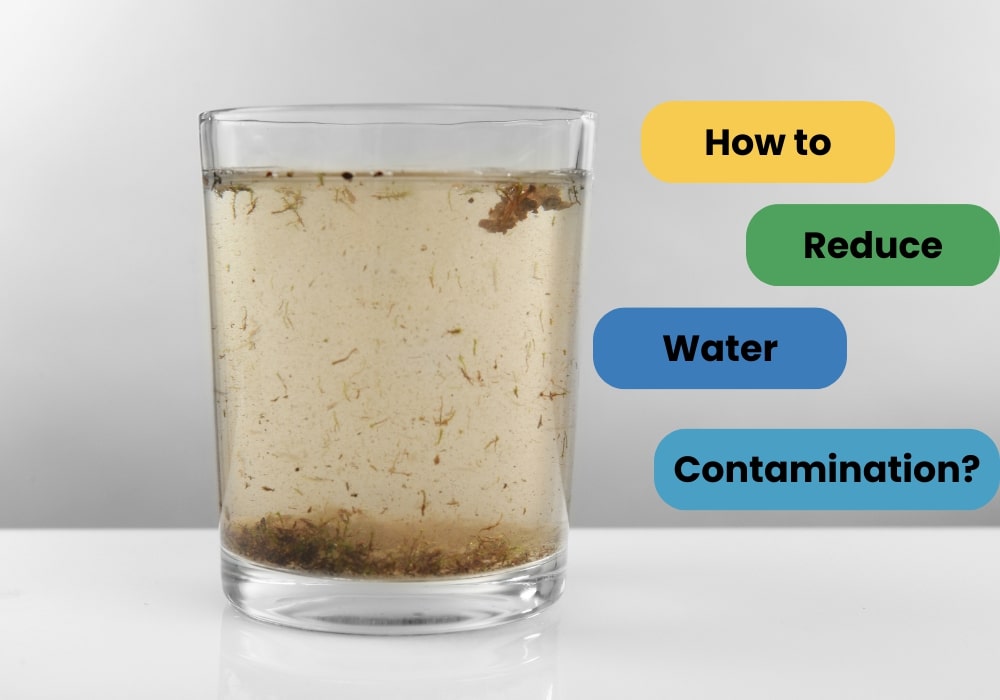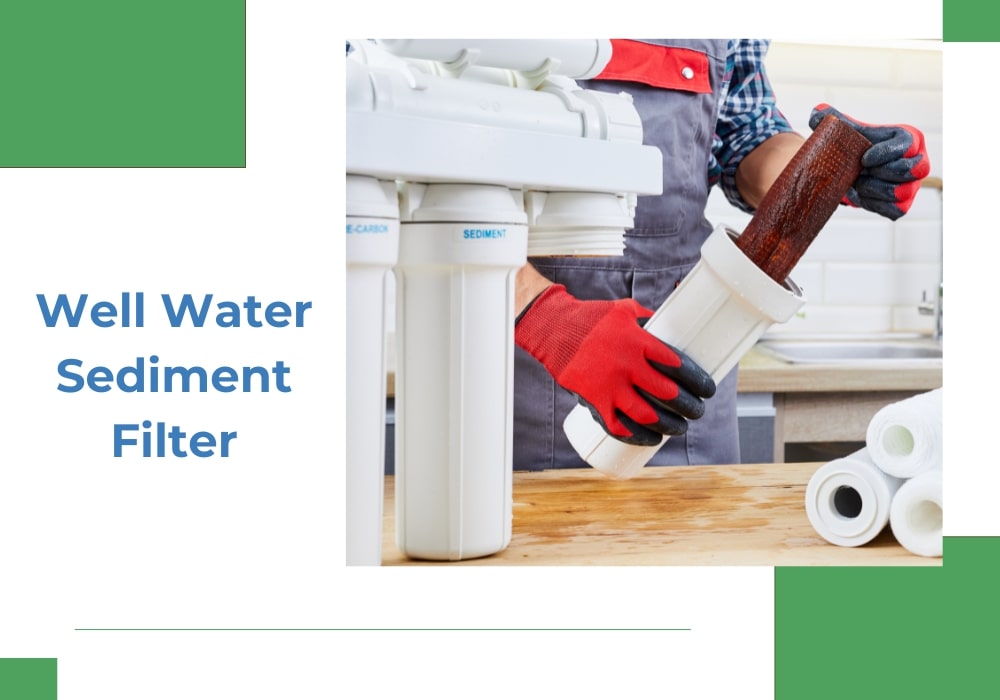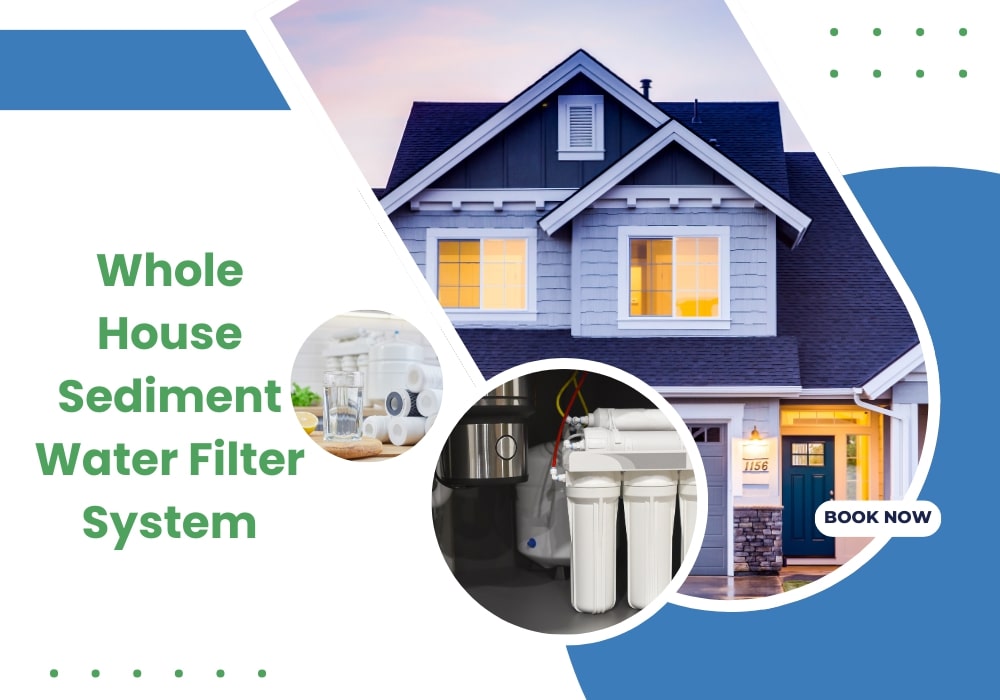Microfiltration In Water Treatment: When And Why To Replace Membranes In Your System
Microfiltration (MF) in water treatment is an essential process that effectively removes larger suspended solids, pathogens, and other contaminants from liquids, ensuring safe drinking water and effective waste management. Whether you’re an industrial user or managing a smaller-scale system, understanding when and why to replace microfiltration membranes is critical. In this article, we’ll explore everything you need to know about microfiltration in water treatment—from the signs that your system needs attention to the steps you can take to maintain peak performance. Why Microfiltration Is Essential In Water Treatment Microfiltration membranes are integral in filtering out suspended solids and micron-sized particles from water. The microfiltration process typically involves membrane filtration techniques that remove particles larger than 0.1 microns, making it particularly effective in eliminating cell debris, bacteria, and other small particles. The process is closely related to other membrane technologies like reverse osmosis and ultrafiltration membranes, but it explicitly targets particles retained in the 0.1 to 10-micron range. In contrast, RO membranes have significantly smaller pore sizes, require higher pressure for operation, and are crucial for separating dissolved solids in applications like desalination and chemical recovery. How Microfiltration Works: Understanding The Basics Before diving into the replacement aspect, it’s essential to grasp how microfiltration (MF) in water treatment operates. Microfiltration (MF) is a membrane filtration technology that effectively removes larger suspended solids, pathogens, and other contaminants from liquids. The process involves a feed stream containing suspended particles that flow across the membrane surface. As the liquid passes perpendicular to the membrane, retained particles accumulate on the filter surface, leading to the creation of a filter cake. The clean or filtered water is then collected as the permeate. While this process is effective, it eventually leads to cake formation, pressure drop, and other issues that signal the need for membrane replacement. When to Replace Microfiltration Membranes: Key Signs to Watch For Decreased Permeate Flux: One of the first indicators that your microfiltration membrane needs replacing is a noticeable drop in permeate flux. As retained particles accumulate, the flow rate of filtered water decreases, which directly impacts the system’s efficiency. Increased Pressure Drop: As the membrane pores clog over time, you’ll experience a significant increase in operating pressure. If your water treatment system is operating at higher pressures than usual, it might be time to consider replacing the microfiltration membranes. Reduced Quality of Filtered Water: Another sign that the membrane filter is nearing the end of its lifespan is a decline in the quality of the filtered water. When suspended particles and dissolved solids start making their way through the membrane, the mf membrane is no longer performing at its best. Frequent Cleanings: If your system requires more frequent cleanings or the cleaning process isn’t as effective as it once was, that’s another strong indicator that your microfiltration system needs an upgrade. Visible Damage or Wear: Over time, membrane material can degrade, especially in systems dealing with aggressive process liquids. Replacement is necessary if you notice visible damage like tears or excessive wear on the mf membranes. The Process of Replacing Microfiltration Membranes Replacing microfiltration membranes isn’t as simple as swapping out a filter. It involves careful planning, especially if your system is part of a larger-scale operation like wastewater treatment or industrial applications. Here’s what you should consider: Assessing the Membrane Type: Different applications require specific types of membranes. For instance, hollow fiber membranes are commonly used in large-scale industrial applications, while granular media filtration may be suitable for simpler setups. Timing the Replacement: The ideal replacement time depends on the filtration period, the type of feed water, and the overall system design. In some cases, membranes should be replaced annually; in others, they could be replaced every few years. System Shutdown and Preparation: It’s crucial to shut down the system properly before replacing the membrane. This includes draining the water and isolating the section where the membrane filtration occurs. Installation and Calibration: After installing the new membranes, recalibrating the system ensures that the new filters operate at peak efficiency. Testing and Monitoring: Post-installation running quality checks are vital to ensure the new membranes perform optimally. Monitoring parameters like pressure drop and permeate flux can help identify any issues early on. How Long Do Microfiltration Membranes Last? The lifespan of a microfiltration membrane depends on several factors: Membrane Processes: Systems that involve more aggressive or chemically active processes may have shorter lifespans. Membrane Material: Higher-quality materials can offer more extended durability and better performance. Maintenance Practices: Regular cleaning, proper monitoring, and prompt responses to system changes can significantly extend the life of your microfiltration membranes. On average, microfiltration membranes last between 3 to 5 years. However, if your system faces high levels of suspended solids or other contaminants, replacements may be necessary more frequently. Why Replacing Microfiltration Membranes Is Crucial Ignoring the need for timely replacement can lead to the following: Reduced Efficiency: Clogged or damaged membranes make your system work harder, consuming more energy and reducing throughput. Increased Operating Costs: Higher energy consumption and frequent cleaning cycles lead to rising costs. Compromised Water Quality: The entire purpose of microfiltration in water treatment is to deliver clean, safe water. Failing membranes can lead to contaminated water, especially in applications like drinking water production. Choosing The Right Replacement Membranes When it’s time to replace your microfiltration membrane, consider the following: System Compatibility: Ensure the new membranes are compatible with your existing and conventional systems. Operational Goals: Identify whether your system requires high-flux membranes for rapid processing or more robust options for high-contaminant environments. Cost vs. Performance: Sometimes, investing in higher-quality membranes can save money in the long run by reducing the frequency of replacements and improving overall efficiency. Understanding The Role Of Pore Size In Microfiltration One of the most critical factors in determining the efficiency of microfiltration processes is the membrane’s pore size. The size of the pores directly impacts the types of particles that are filtered out. Membranes with smaller pores can remove micron-sized particles like bacteria and other suspended











